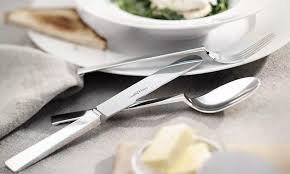Chapter 13 Bankruptcy -Do You Know it Can Also Benefit You?

Chapter 13 bankruptcy, also known as a “wage earner’s plan,” can be an effective way to manage overwhelming debt and get a fresh start financially compared to a Chapter 11 business bankruptcy attorney.
In this blog, we will see how it can bring positive effects.
- One of the main benefits of Chapter 13 bankruptcy is that it allows individuals to keep their assets while they repay their debts. In contrast, Chapter 7 bankruptcy, also known as a “liquidation” bankruptcy, requires individuals to liquidate their assets to pay off their debts. For many people, losing their home or car is not an option, and Chapter 13 bankruptcy allows them to keep these assets while still getting relief from their debts.
- Another benefit of Chapter 13 bankruptcy is that it can help individuals catch up on missed mortgage or car payments. When an individual files for Chapter 13 bankruptcy, the court will create a repayment plan that includes these missed payments. This means that, as long as the individual makes the payments outlined in the plan, they can keep their home or car.
- Chapter 13 bankruptcy also has the benefit of stopping foreclosure proceedings. When an individual files for Chapter 13 bankruptcy, the court will issue an automatic stay, which stops creditors from taking any collection action against the individual. This includes foreclosure proceedings. If the individual makes the payments outlined in the repayment plan, they can keep their home.
- Chapter 13 bankruptcy can also help individuals with non-dischargeable debts, such as taxes or student loans. These debts cannot be discharged in a Chapter 7 bankruptcy but can be included in a Chapter 13 repayment plan. This means that, instead of paying these debts in full, the individual will only have to pay a portion of them over the life of the plan.
- Chapter 13 bankruptcy can also relieve unsecured debts, such as credit card debt or medical bills. These debts are often discharged at the end of the repayment plan, meaning the individual will not have to pay them back. This can provide significant relief for individuals struggling with these types of debts.
- Finally, Chapter 13 bankruptcy can help improve an individual’s credit score. While bankruptcy will hurt an individual’s credit score, it is often a better option than struggling with overwhelming debt. Once the individual completes the repayment plan and their debts are discharged, they will have a fresh start financially. They can then rebuild their credit by making on-time payments and managing their debt responsibly.





